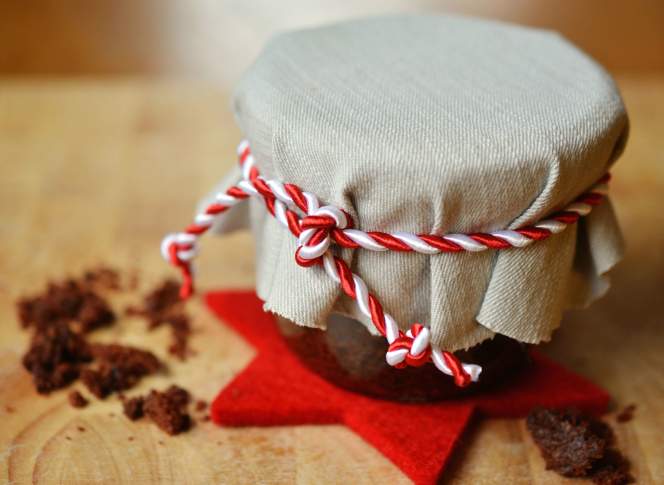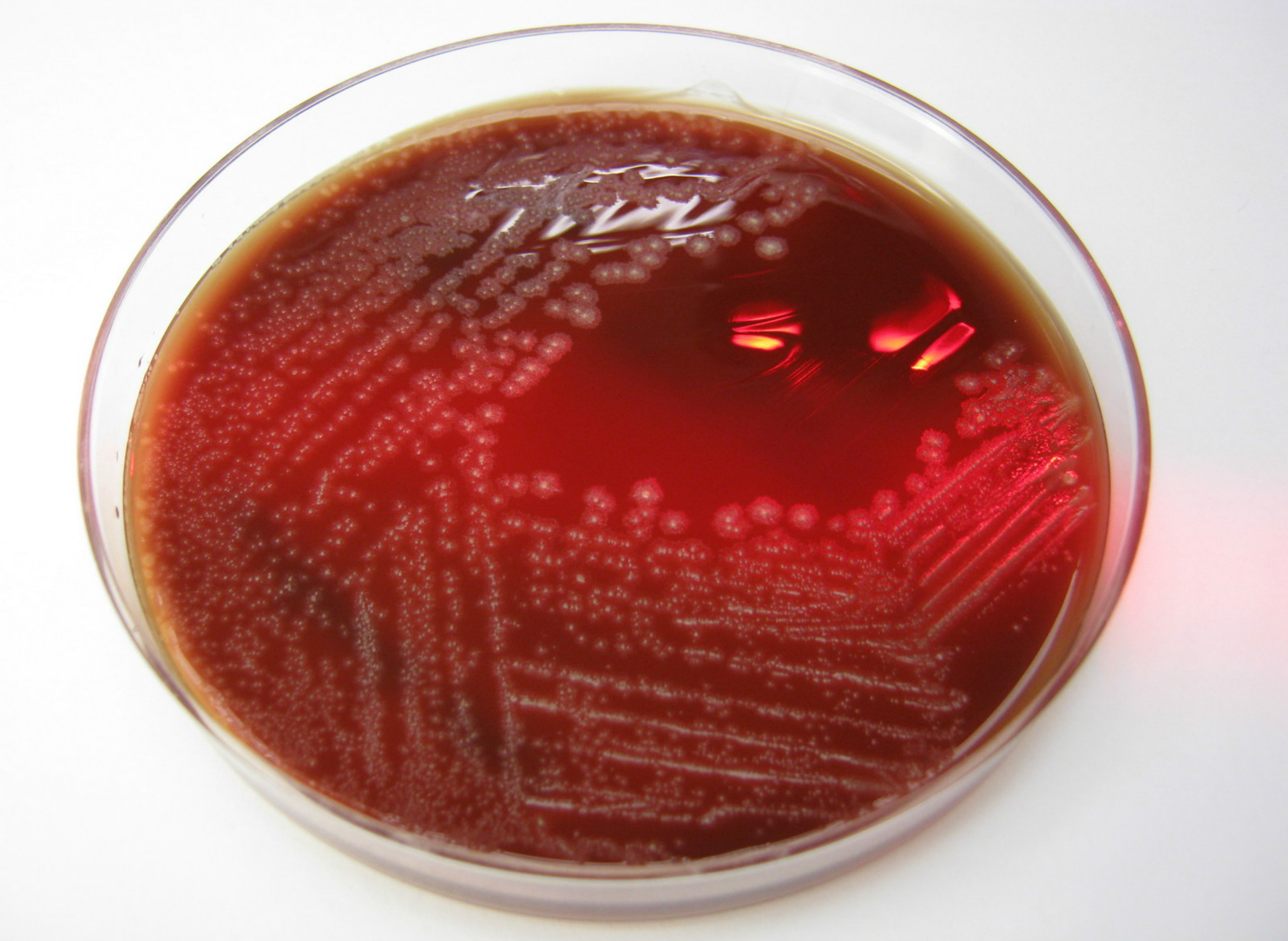'Canned' Baked Goods Can Bring Botulism Home For The Holidays
Breads and cakes baked in glass jars and then sealed with canning lids are not safe to eat.
November 22, 2017

Gift of cake baked in a jar and sealed

Breads and cakes baked in glass jars and then sealed with canning lids are not safe to eat.
Ideas and recipes for baking breads and cakes in glass jars and “canning” for gifting or eating later can be found on the internet and have been printed in various magazines. This bread or cake is not really home-canned — it is baked in an open glass canning jar and subsequently covered with a canning lid, which seals due to heat. But there is no actual canning process used in these recipes.
According to a fact sheet published by the National Center for Home Food Preservation, breads and cakes cannot be safely canned. These baked goods present the risk of food poisoning from the bacterial toxin responsible for botulism.
Cake and quick bread recipes contain very little or no acid, which is important in the canning process for inhibiting the botulism toxin. Placing these low-acid products in a sealed canning jar may allow for the growth of Clostridium botulinum and the production of the lethal botulinum toxin. C. botulinum grows in low-acid canned foods that have been under-processed, that is, products that have not been pressure canned to destroy the harmful organism.
In the 1990s, researchers at Kansas State University found that an organism such as C. botulinum could survive the baking process and multiply in canned quick breads during storage. Using their own banana-nut bread recipe, the researchers baked the bread in glass jars and sealed them using methods typically used by consumers.
A heat resistant microorganism that is often used in tests to determine when a canning process is adequate, Clostridium sporogenes, was added to the batter for some of the jars. Results showed that C. sporogenes survived the baking process and could grow in the product during storage. As C. sporogenes is a good indicator of the behavior of C. botulinum, the researchers clearly proved that canned quick breads can be deadly!

When it comes to baking breads or cakes for storage, it’s best to select recipes for products that can be frozen.
Pumpkin pie in a jar is another idea that should be crossed off holiday gift-giving lists. Recipes for this product has been recently published in newspapers and online. The idea is that to bake pumpkin pie in a canning jar, top it with a decorative crust, and share the results with family and friends.
While creative, this idea is unsafe because pumpkin pie must be kept refrigerated. Pies with moist fillings that are low in acid like pumpkin or cream fillings, or even savory meat-filled pies, need to be kept refrigerated in order to remain safe to eat. Their fillings present an ideal medium for the growth of harmful bacteria.
As with cakes and breads in jars, it’s best to protect the health of friends and family and select another holiday gift idea.
Barbara Ingham is a food science specialist with the University of Wisconsin-Extension.
 Passport
Passport











Follow Us